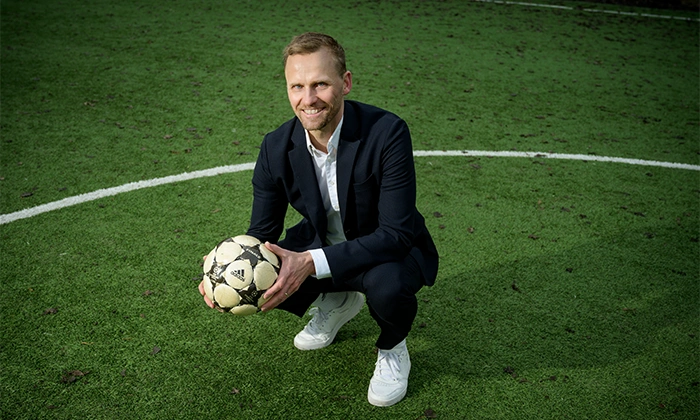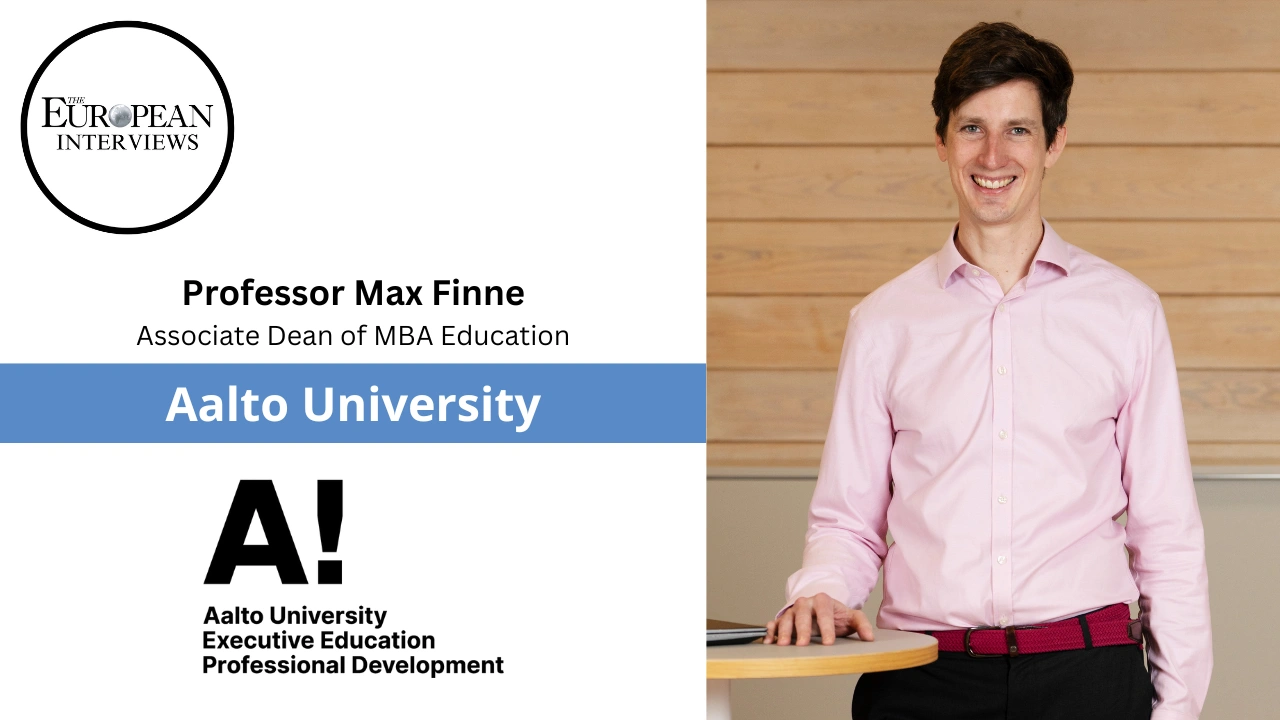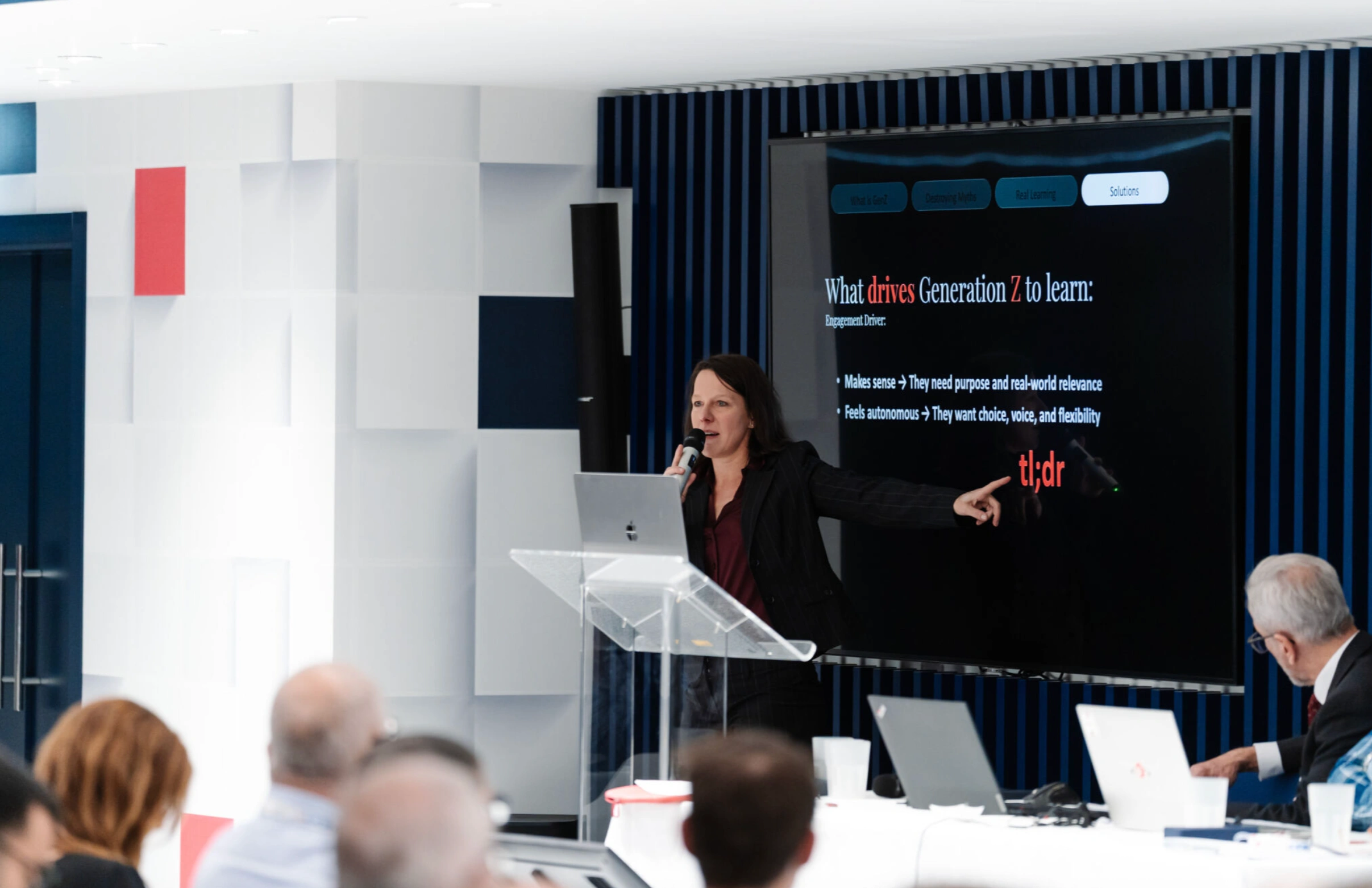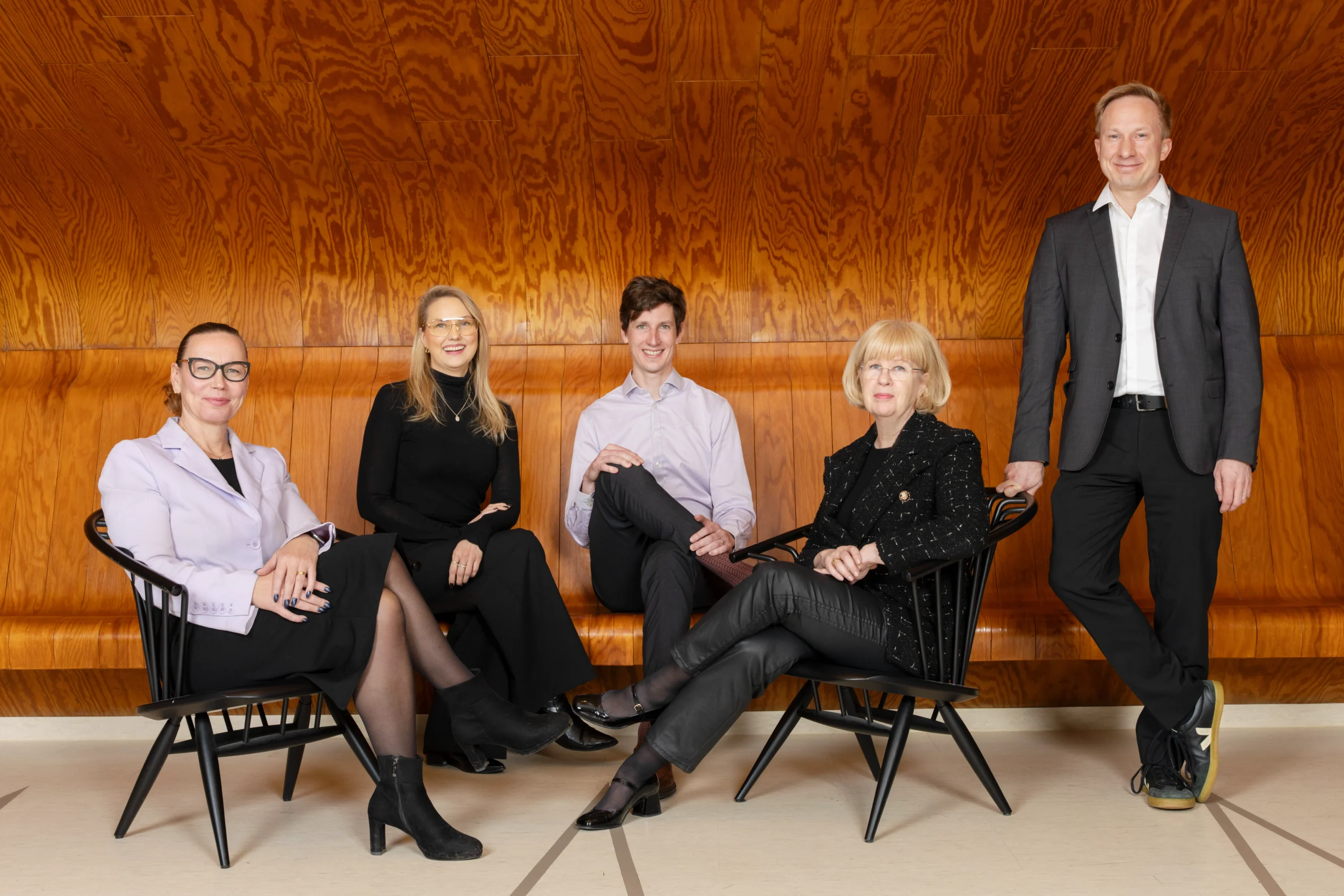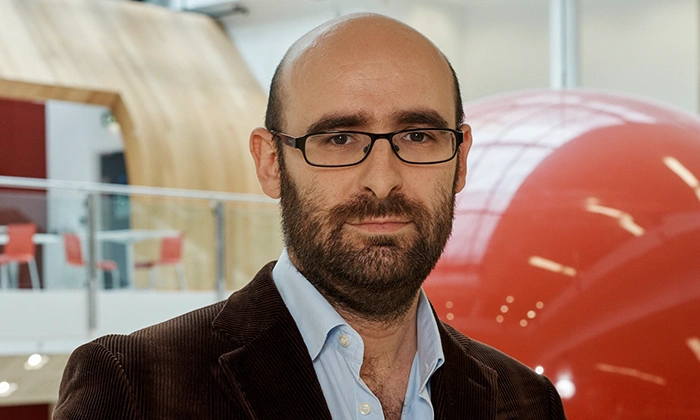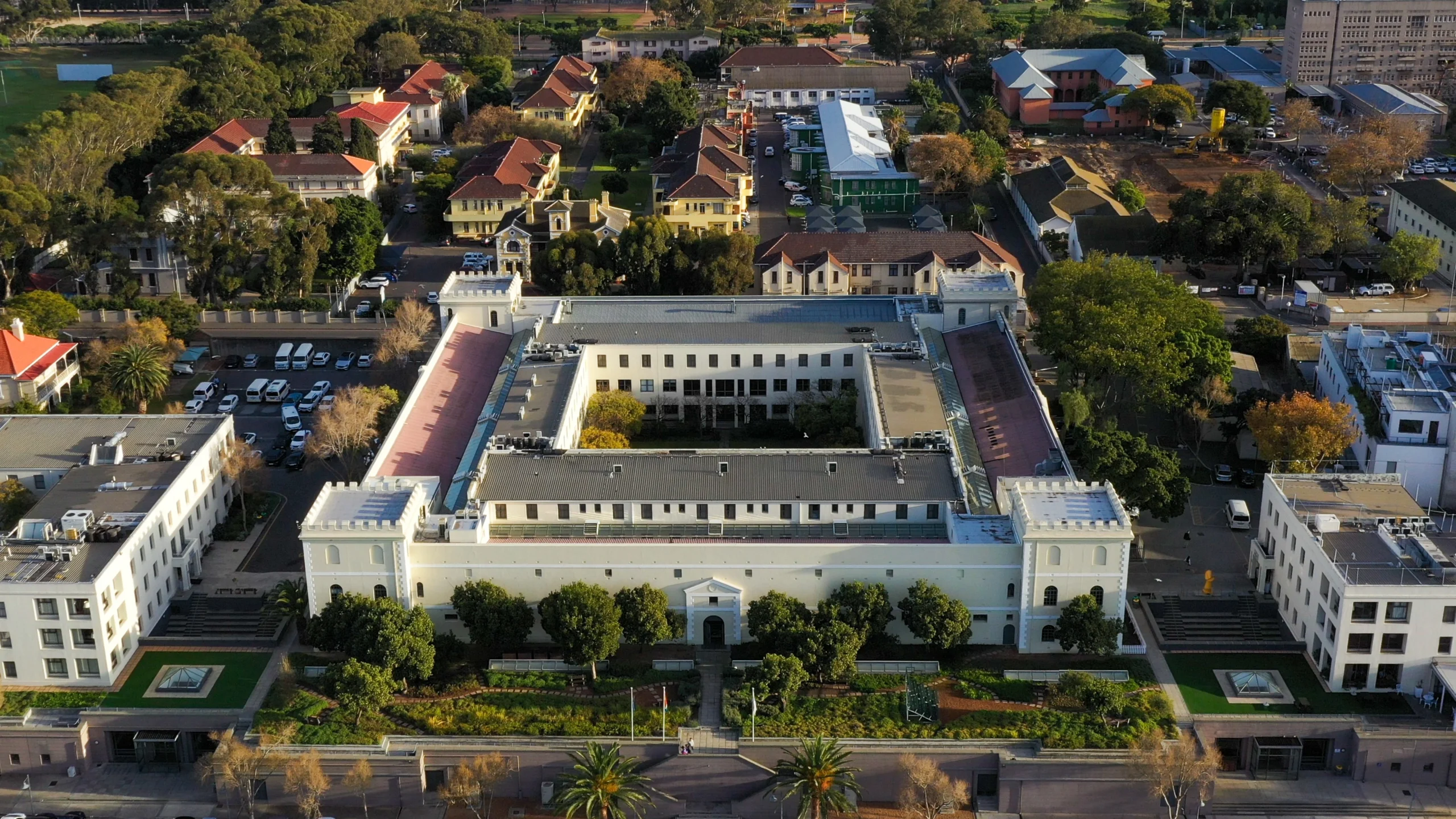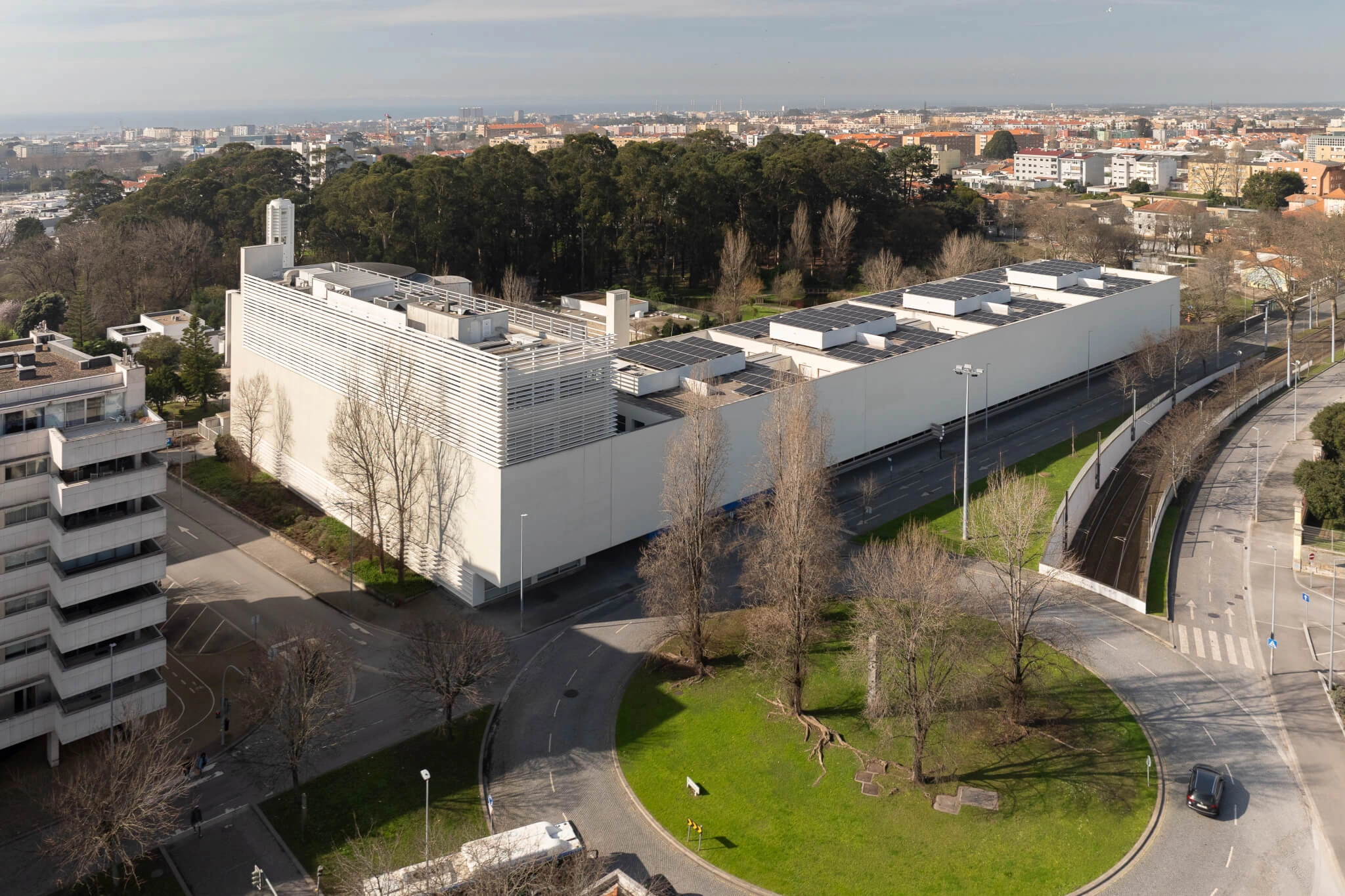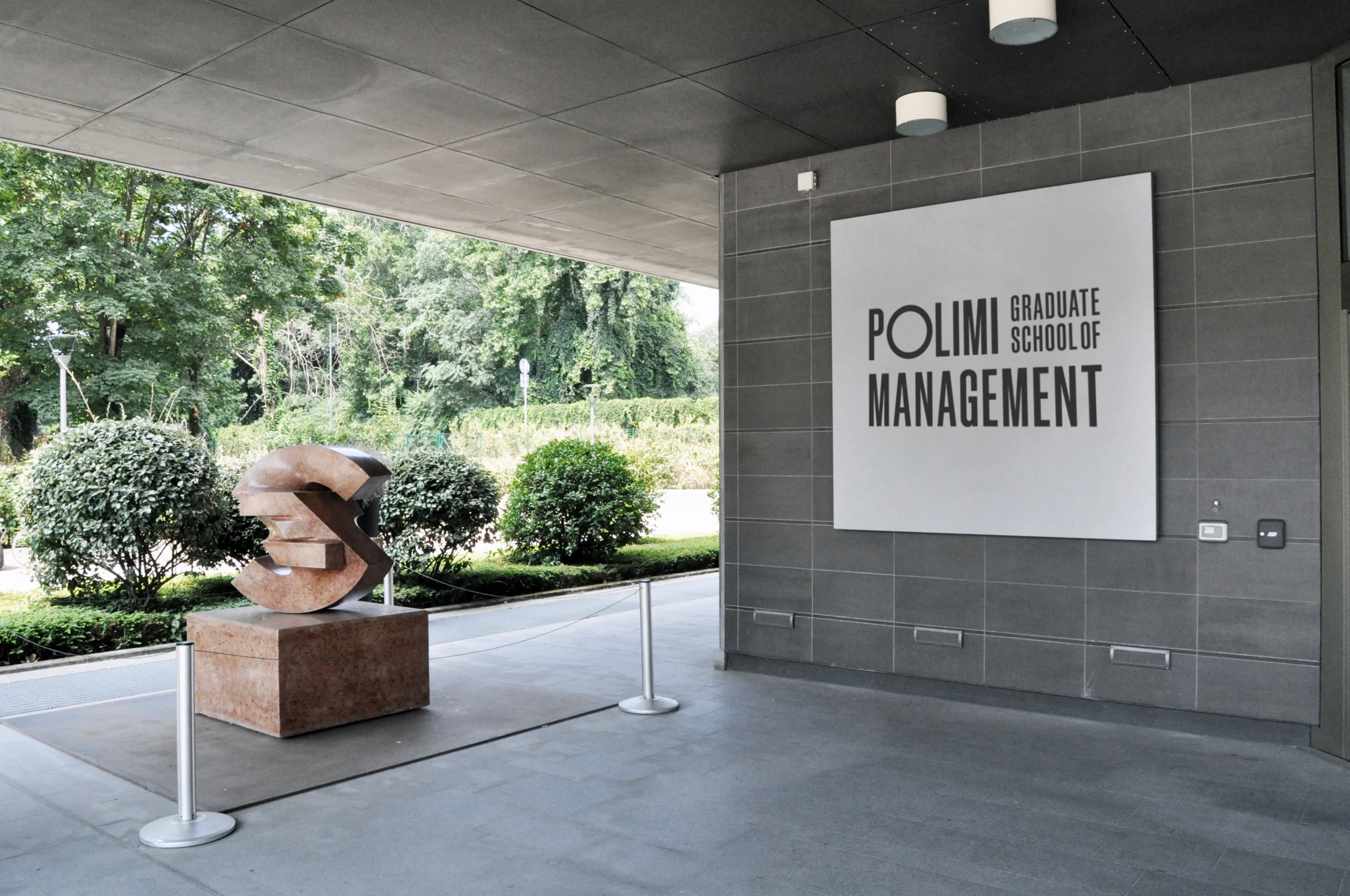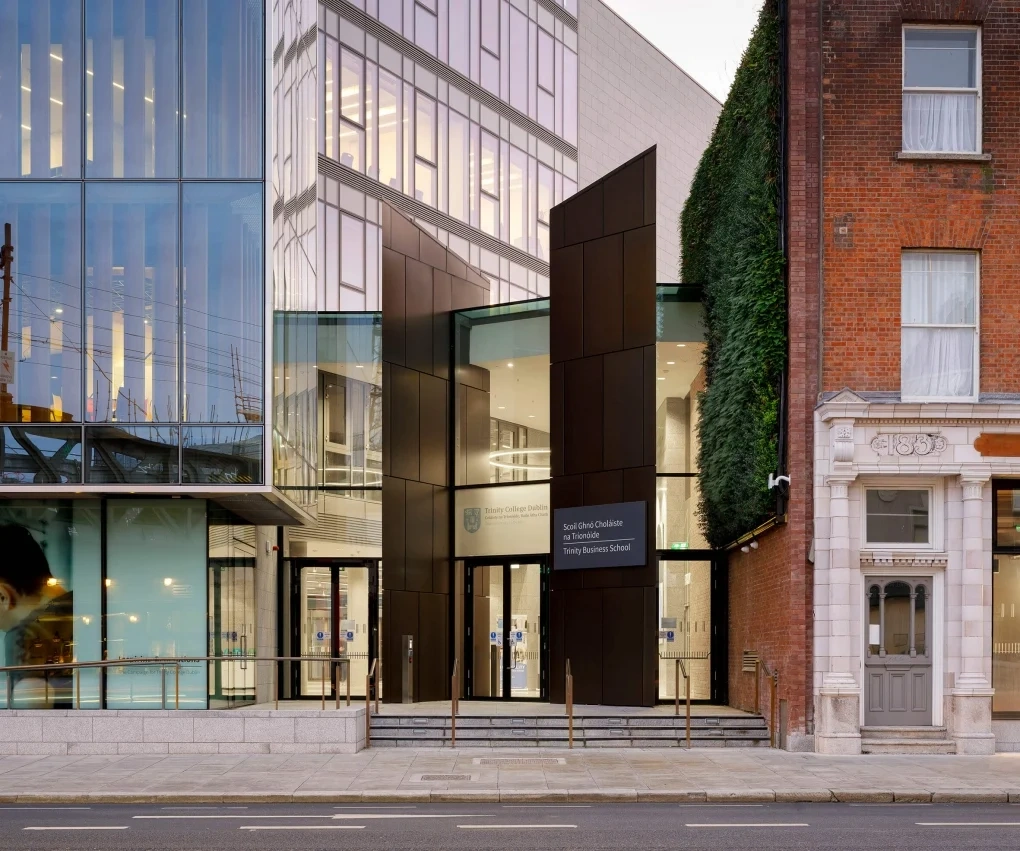The strengths and weaknesses of the superhero CEO

John E. Kaye
- Published
- Executive Education, Home

During ten years as Unilever CEO, Paul Polman became highly regarded as a corporate change champion, encouraging the firm to adapt its thinking and give back. When revealed he would leave in 2018, chairman Marijn Dekkers called him “one of the most far-sighted business leaders of his generation” for redefining responsible capitalism.
As someone who’s professionally analysed and coached leaders for over 20 years, Mr Polman’s recent reference to so-called “heroic chief executives” struck a chord with me. Are these people really protecting the defenceless once they leave the office, charging around in masks and capes? Well, yes and no.
Discussing inequality and climate change, Mr Polman said: “The fact we are having these issues of populism and schisms in society is exactly because we are not ™ addressing the underlying issue to evolve capitalism and make sure it works for everybody. [We need] heroic chief executives willing to step up and move outside of the comfort zone and take personal risks. I tried to do the same with Unilever. It’s a matter of willpower.”
Bruce Wayne – or Batman – is a prime example of a hero driven by an unwavering energy to use his wealth and intelligence for good. But who are some of the real-world examples of “heroic chief executives” Mr Polman has referred to? And, given every hero has a flaw, how can they manage their weaknesses?
Richard Branson
Richard Branson’s Virgin empire has spanned everything from music to space. In 2004 he launched Virgin Unite, a charitable foundation funded directly by the business and Mr Branson. In 2013, he joined the Giving Pledge, which calls on the world’s richest to donate half of their fortune for good. “Family, friends, good health and the satisfaction that comes from making a positive difference are what really matters,” Mr Branson said in his pledge.
The most directly entrepreneurial of our CEOs, Mr Branson probably wouldn’t even accept the CEO title to describe his role despite his position as a serial founder. We talk about the “entrepreneurial leader” as having boldness in acting to capture opportunities and Mr Branson clearly has no lack of bravery and willingness to take risks. What is less often seen is his deep curiosity about the world and openness to learning – he’s as likely to invite academics to his Necker Island retreat as he is other business leaders.
Mr Branson loves connecting to people and their ideas, spotting opportunities others miss. Yet, don’t look to him for a masterclass in the financial technicalities – this is something that’s driven him to ensure the Virgin Group is staffed with brilliant minds, systematically evaluating Mr Branson’s ideas but, who knows, maybe killing off the really big ones.
John Timpson
Chairman and owner of Timpson, a UK shoe repair chain with over 2,000 shops, John Timpson’s destiny was seemingly prewritten – he was born to lead a flourishing business like his fathers before him. But he realised there was a better way to operate and empowered customer-facing workers to work how they see fit. Passionate about using his platform for good, Mr Timpson has been a Childline trustee and, further still, has fostered 90 children. He has impacted his son James too, who’s focused his attentions on recruiting 10% of staff from prison.
The depth of Mr Timpson’s understanding his business frontline stands out – but what is unusual is his willingness to pursue his practical philosophy to its logical conclusion, trusting his judgement about what is achievable. It really is wise to let those running retail outlets make the decisions about what will best serve their customers. It’s certainly common sense, but few business leaders are prepared to follow and place trust in their people.
Mr Timpson’s strengths as a practical leader stand out, but they’re underpinned by his readiness as a “servant leader” – one who shares power, puts employees first, and helps people to develop and perform as highly as possible.
There’s nothing wishy-washy here: Mr Timpson’s fostering experience has taught him the deep importance of attachment in creating strong relationships and making people feel secure. And put simply, when people feel secure, they flourish.
Peter Simpson
Having claimed the top spot on Glassdoor’s Top CEOs ranking in 2017 and 2019, one might think Peter Simpson would have some insights on his victory. Instead, he modestly said: “I don’t know what makes a top CEO.” However, he did point to the importance of “a great team,” sharing the spotlight with his 5,000 Anglian Water employees. That in itself demonstrates his approach to business leadership – a business which by default revolves around sustainability and community.
In many ways Simpson also fits the servant leader profile, keen to get his ego out of the way and push the people in Anglian to the fore, united by shared values and an ethos of taking care of people, customers and the environment. And he brings the best of the character strength, “appetite”, which we define as being driven by purposeful goals – rather than simply being hungry to achieve. For many business leaders, creating a sense of meaningful purpose is elusive. Too many default to bland statements such as “superior shareholder returns”, with painful Glassdoor consequences for employee engagement.
As for weaknesses? The risk for servant leaders is that their values-led approach clashes painfully with the reality of practicalities and politics. They risk their contribution being dismissed as impractical. For Mr Simpson, whose university studies in analytical chemistry speak to a mind willing to patiently dig down into problems, the challenge of keeping the water flowing in a low rainfall region clearly keeps him and his sense of purpose as grounded as the deep-lying aquifers on which Anglian relies every day.
What we see with all of these examples are leaders prepared to play to their strengths, willing to be true to the core of who they are and what they believe, yet savvy about pulling people around them who cover their weaknesses with their own distinctive strengths. So maybe we can see the “heroic CEO” for the myth that it is and start to identify and celebrate the amazing teams that provide the platform for the CEO to show their distinctive talents.
Further information
RECENT ARTICLES
-
 Hannu Tihinen on strategy, leadership, and the value of an EMBA
Hannu Tihinen on strategy, leadership, and the value of an EMBA -
 European MBAs adapt to AI as Aalto overhauls executive education
European MBAs adapt to AI as Aalto overhauls executive education -
 From dialogue to action: how emba X prepares leaders for a new era of responsible innovation
From dialogue to action: how emba X prepares leaders for a new era of responsible innovation -
 How Europe can learn faster: turning AI into safer, smarter adult training
How Europe can learn faster: turning AI into safer, smarter adult training -
 Aalto EE launches Aalto Tech EMBA to equip executives for digital transformation
Aalto EE launches Aalto Tech EMBA to equip executives for digital transformation -
 Supply chains are being remade. Leadership must be too
Supply chains are being remade. Leadership must be too -
 Why the real barrier to AI success sits in the boardroom
Why the real barrier to AI success sits in the boardroom -
 ETH Zurich and the University of St.Gallen redefine executive education with emba X, a new model of responsible leadership
ETH Zurich and the University of St.Gallen redefine executive education with emba X, a new model of responsible leadership -
 Why leadership is the strongest defence in South Africa’s schools
Why leadership is the strongest defence in South Africa’s schools -
 Porto Business School launches executive programme on AI strategy
Porto Business School launches executive programme on AI strategy -
 POLIMI Graduate School of Management strengthens global reputation in MBA and master’s rankings
POLIMI Graduate School of Management strengthens global reputation in MBA and master’s rankings -
 Trinity Business School strengthens standing in global MBA rankings
Trinity Business School strengthens standing in global MBA rankings -
 Meet the class of 2025… and their children. Why mid-life university learning is on the rise
Meet the class of 2025… and their children. Why mid-life university learning is on the rise -
 University of Michigan launches executive programme for chief data and AI officers
University of Michigan launches executive programme for chief data and AI officers -
 International education: A vision for global citizens
International education: A vision for global citizens -
 How to create lasting social change? Build a community
How to create lasting social change? Build a community -
 Tomorrow’s world needs Dyslexic Thinking
Tomorrow’s world needs Dyslexic Thinking -
 Why family therapy is the best investment you can ever make
Why family therapy is the best investment you can ever make -
 How EQ can give us the edge over AI
How EQ can give us the edge over AI -
 A true root and branch approach
A true root and branch approach -
 It's fine to say you're not ok
It's fine to say you're not ok -
 Are you willing to change with your organisation?
Are you willing to change with your organisation? -
 Emerging markets: Online learning for women unlocks economic potential
Emerging markets: Online learning for women unlocks economic potential -
 A programme of urgent importance
A programme of urgent importance -
 Why progress is not parity
Why progress is not parity

